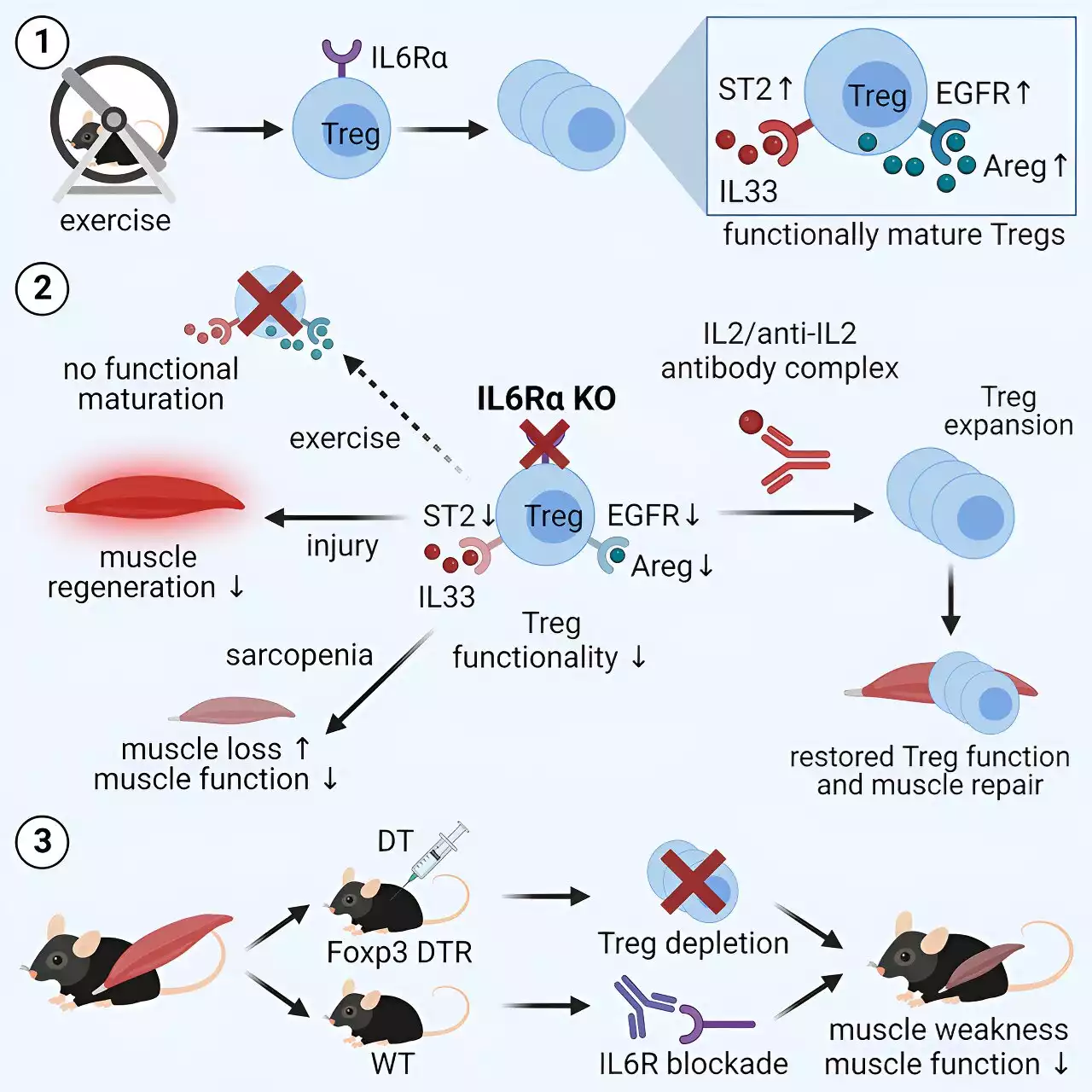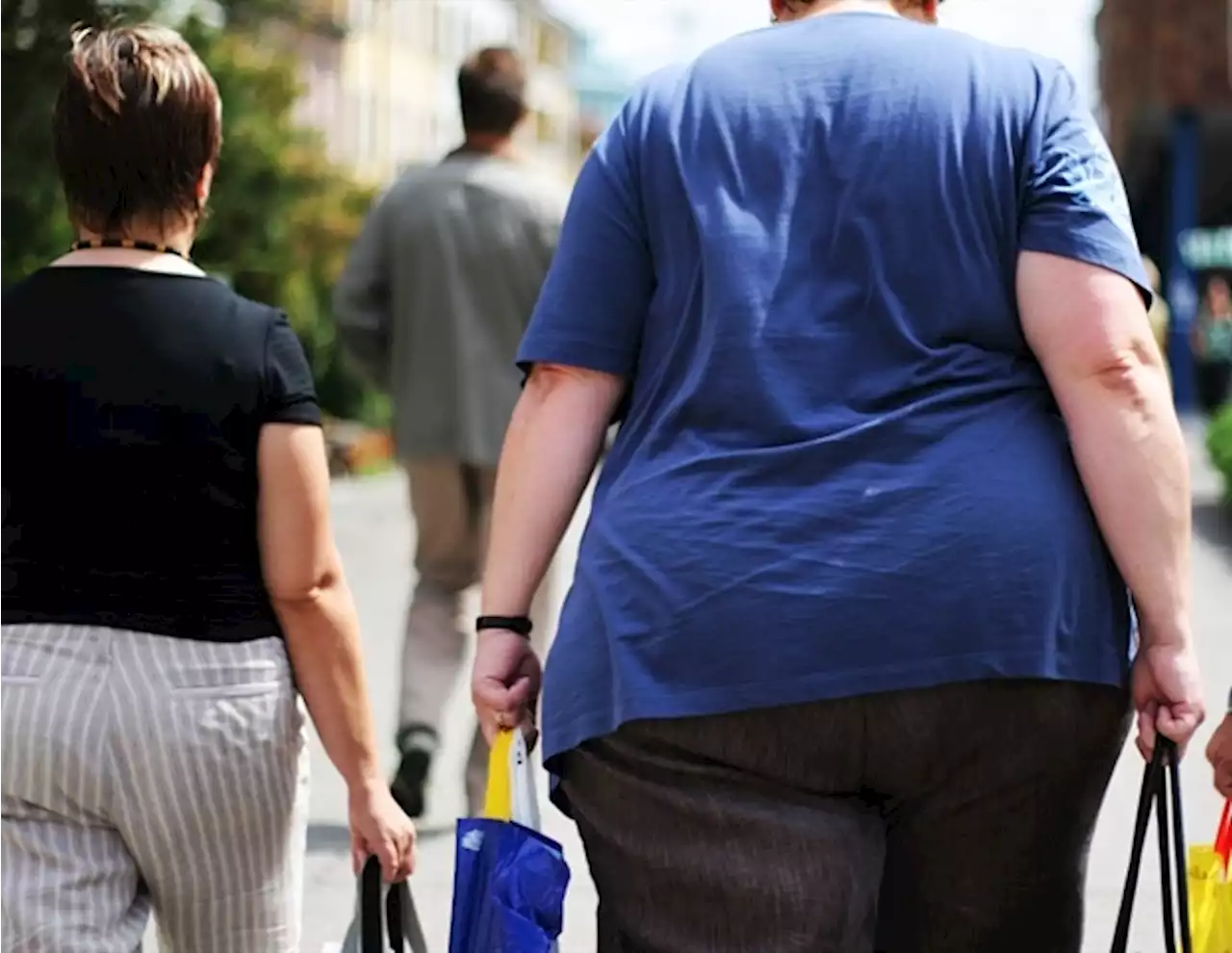Prof. John Speakman from the Shenzhen Institute of Advanced Technology (SIAT) of the Chinese Academy of Sciences, alongside Prof. Kevin Hall from the National Institutes of Health (U.S.), Prof. Thorkild Sorensen from the University of Copenhagen and Prof. David Allison from Indiana University (U.S.), has published a perspective article on potential mechanisms of obesity pathogenesis.
It was based on an academic conference held by The Royal Society, with experts and scholars in the field of obesity research discussing the potential pathogenesis of obesity.Governments around the world have struggled to curb the rising obesity rates, with no signs of improvement. Despite strategies that have often focused on exercise promotion and junk food advertising bans, the issue proves more intricate than initially thought.
Recent advances in obesity research have been significant. Leptin, a hormone produced by fat cells, plays a pivotal role in regulating food consumption by triggering brain signals. The traditional view of adipose tissue as a passive storage unit has shifted to recognizing its active role in producing hormones that impact the entire body. However, despite these strides, the global still struggle against the expending waistline.
What mechanisms drive the impact of the food environment on body weight regulation? This encompasses broader environmental factors like social influences and the built environment.
United Kingdom Latest News, United Kingdom Headlines
Similar News:You can also read news stories similar to this one that we have collected from other news sources.
 Global obesity battle stymied: Deeper understanding is needed, researchers sayProf. John Speakman from the Shenzhen Institute of Advanced Technology (SIAT) of the Chinese Academy of Sciences, alongside Prof. Kevin Hall from the National Institutes of Health (U.S.), Prof. Thorkild Sorensen from the University of Copenhagen and Prof. David Allison from Indiana University (U.S.), has published a perspective article on potential mechanisms of obesity pathogenesis.
Global obesity battle stymied: Deeper understanding is needed, researchers sayProf. John Speakman from the Shenzhen Institute of Advanced Technology (SIAT) of the Chinese Academy of Sciences, alongside Prof. Kevin Hall from the National Institutes of Health (U.S.), Prof. Thorkild Sorensen from the University of Copenhagen and Prof. David Allison from Indiana University (U.S.), has published a perspective article on potential mechanisms of obesity pathogenesis.
Read more »
 Moderate to vigorous physical activity early in the day influences weight management, health outcomesEven though epidemiological evidence has been controversial regarding the optimal timing of physical activity for weight management, the hours of 7 a.m. to 9 a.m. appear to be the most favorable time of day to enhance the association between daily moderate to vigorous physical activity and obesity, according to a new analysis titled 'The Diurnal Pattern of Moderate-to-Vigorous Physical Activity and Obesity: A Cross-Sectional Analysis', published in the journal Obesity.
Moderate to vigorous physical activity early in the day influences weight management, health outcomesEven though epidemiological evidence has been controversial regarding the optimal timing of physical activity for weight management, the hours of 7 a.m. to 9 a.m. appear to be the most favorable time of day to enhance the association between daily moderate to vigorous physical activity and obesity, according to a new analysis titled 'The Diurnal Pattern of Moderate-to-Vigorous Physical Activity and Obesity: A Cross-Sectional Analysis', published in the journal Obesity.
Read more »
 Obesity in young children 46 times higher in some areasThe figures show the stark health divides between east and west Wirral
Obesity in young children 46 times higher in some areasThe figures show the stark health divides between east and west Wirral
Read more »
 Study investigates the impact of diurnal pattern of moderate-to-vigorous physical activity on obesityEven though epidemiological evidence has been controversial regarding the optimal timing of physical activity for weight management, the hours of 7 a.m. to 9 a.m. appear to be the most favorable time of day to enhance the association between daily moderate to vigorous physical activity and obesity, according to a new analysis published in Obesity, The Obesity Society's (TOS) flagship journal.
Study investigates the impact of diurnal pattern of moderate-to-vigorous physical activity on obesityEven though epidemiological evidence has been controversial regarding the optimal timing of physical activity for weight management, the hours of 7 a.m. to 9 a.m. appear to be the most favorable time of day to enhance the association between daily moderate to vigorous physical activity and obesity, according to a new analysis published in Obesity, The Obesity Society's (TOS) flagship journal.
Read more »
 Exercise and muscle regulation: Implications for diabetes and obesityHow do our muscles respond at the molecular level to exercise? Researchers at Helmholtz Munich and the German Institute of Human Nutrition Potsdam-Rehbrücke (DIfE) have unraveled the cellular basis and signaling pathways responsible for the positive impact of physical activity on our overall health. Regulatory T cells, a type of immune cell, play a critical role in ensuring proper muscle function.
Exercise and muscle regulation: Implications for diabetes and obesityHow do our muscles respond at the molecular level to exercise? Researchers at Helmholtz Munich and the German Institute of Human Nutrition Potsdam-Rehbrücke (DIfE) have unraveled the cellular basis and signaling pathways responsible for the positive impact of physical activity on our overall health. Regulatory T cells, a type of immune cell, play a critical role in ensuring proper muscle function.
Read more »
 University of Worcester welcomes first medical studentsForty four students are beginning a four-year postgraduate course at the new medical school.
University of Worcester welcomes first medical studentsForty four students are beginning a four-year postgraduate course at the new medical school.
Read more »
